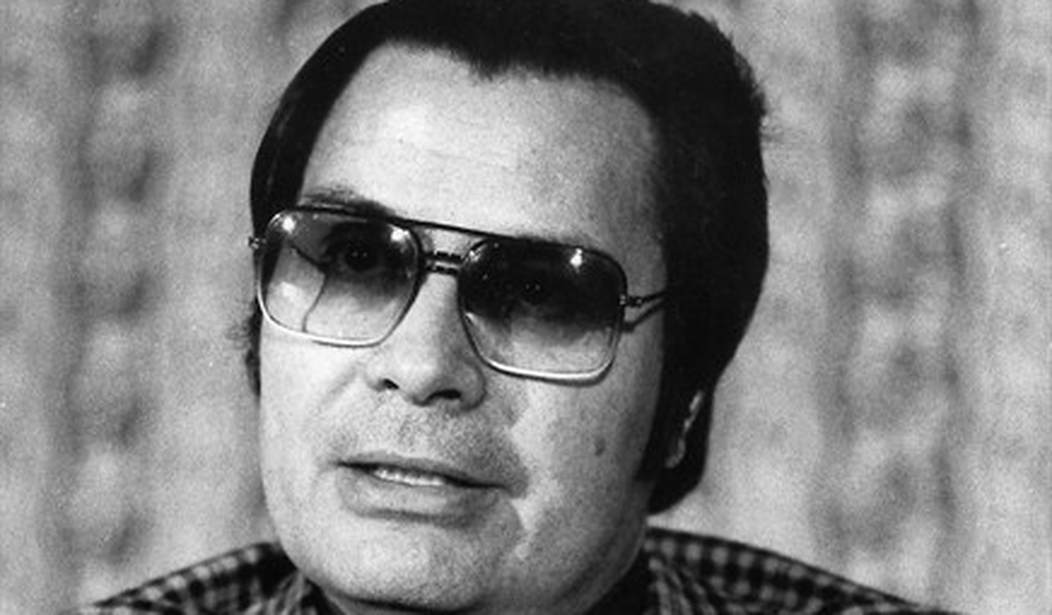A Massacre That Still Haunts the American Mind
Forty-seven years have passed since the gruesome discovery of over 900 American bodies, arranged in rows — something nobody expected to see.
The Jonestown massacre became part of American vernacular as one of the most chilling examples of what happens when blind trust, intellect, and independence collapse under the weight of a dominant personality.
Photographs of the bodies gave families the chance to search for loved ones while the country struggled to understand how an Indiana preacher turned progressive activism into one of the worst mass murders in American history.
Jonestown remains a wound that's never fully closed.
Jim Jones and the Trap That Charisma Built
There is something fundamental that Jim Jones knew about the human condition: People hunger for belonging, significance, and purpose. He spoke in ways that made people feel chosen. He used language of racial harmony, social justice, and spiritual community, so that many who joined the Peoples Temple believed they were walking into a movement driven by compassion instead of control.
People often forget that Jones recruited intelligent people with excellent IQs, building his authority through volume, certainty, and confidence. Although they didn't lack education, they lacked the awareness that a charismatic leader who never accepts limits can evolve into a tyrant.
When Strength Becomes a Weapon Instead of a Virtue
Jones built a persona of an alpha male who understood life better than anybody around him, strutting through services and commanding audiences while offering answers that sounded absolute. It was a posture that people learned to trust, mistaking confidence for competence and passion for principle.
History is full of warnings about strong personalities promising protection while feeding insecurity, something Jones completely embodied.
He treated disagreement as betrayal and punished dissent while rewarding blind loyalty with praise that reinforced dependence. Anybody who can't tolerate criticism never leads people upward; they drag them into a world where their anxieties become their prison.
The Slow, Calculated Breakdown of Discernment
Jonestown wasn't built overnight; it grew through minor compromises, allowing Jones to replace individual judgment with collective submission.
He controlled access to outside information, isolating his followers in Guyana, a distance from home that weakened the anchors that once grounded their thinking.
Eventually, people who once questioned everything questioned nothing, accepting long sermons that replaced dialogue, rules restricting family connections, and a worldview that framed Jones as a guardian and everybody outside the commune as hostile.
When people forget that their instincts deserve respect, discernment withers.
The Day Loyalty Turned Into Obedience to Death
In November 1978, relatives of Temple members begged U.S. Rep. Leo Ryan (D-Calif.) for help. Ryan traveled to Guyana and met with a delegation that gathered defectors who feared for their lives. The trouble began when Ryan's group tried to leave, which is when gunmen, ordered by Jones, killed Ryan and others at an airstrip.
Fearing collapse, Jones panicked. His final speech urged his followers to drink cyanide-laced Flavor Aid, commanding parents to give the poison to their children while Jones argued that death brought dignity.
It's a scene that defies imagination, revealing what happens when a leader builds a world where his voice becomes the sole source of truth.
Related: Over 70% Still Displaced: The Pacific Palisades Fire Recovery That Never Arrived
The Lesson That Refuses to Fade
We desperately want to believe that something like Jonestown could never happen again, thinking that modern society is immune to manipulation.
One thing that hasn't changed, regardless of era, is human nature. People still fall for loud personalities promising certainty. When leaders present themselves as unshakable forces rather than flawed individuals accountable to others, trust grows among people.
Jonestown serves as a warning for every generation that strength without humility mutates into coercion, and the massacre forces us to remember that any leader rejecting scrutiny rarely protects those who follow them.
Final Thoughts
This horrible anniversary forces us to confront a simple truth: A community of 900 souls didn't die because they lacked intelligence; they died because they surrendered their autonomy to a man whose ego towered above his empathy.
Jim Jones used authority to suffocate individual thought, wielding charisma like a weapon.
Failure is an excellent teacher, and prospective leaders deserve trust only when they earn it, welcome scrutiny, and accept limits.
When people mistake dominance for wisdom, forgetting that character outlasts charisma, societies collapse.
If you value thoughtful analysis, deep historical context, and writing that examines how leaders shape culture and consequence, join PJ Media VIP and expand your access to the commentary you rely on. Your support strengthens independent journalism. Right now, you can get 60% off your new membership when you use the promo code FIGHT.










Join the conversation as a VIP Member